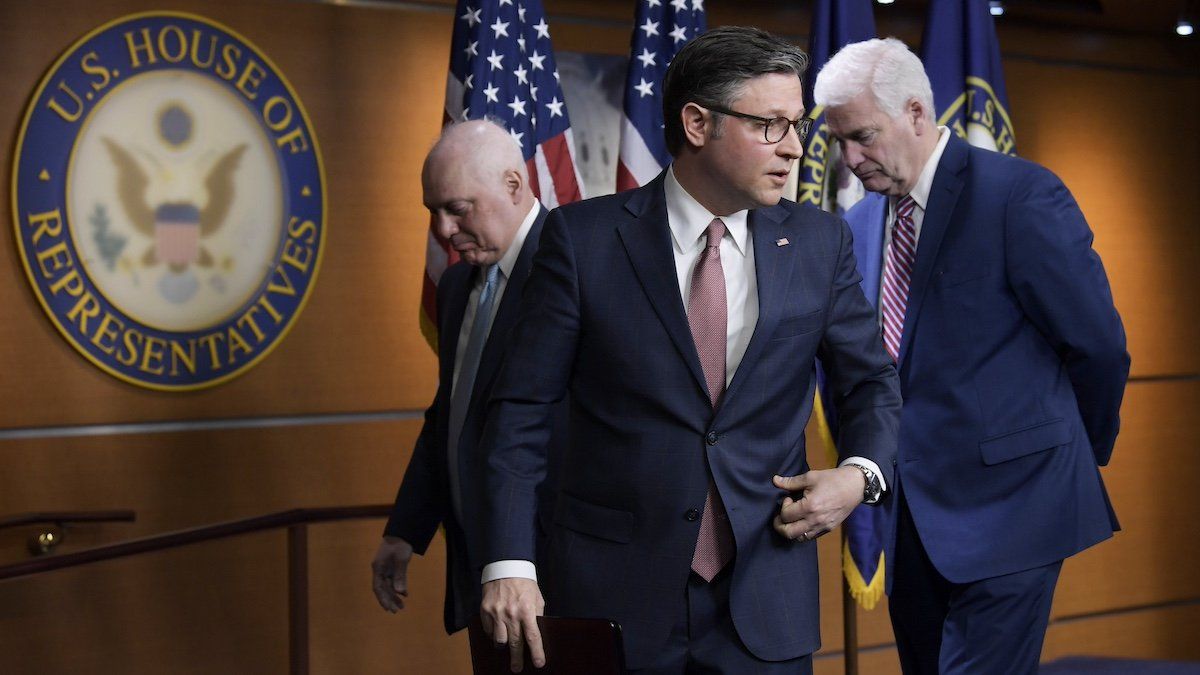1.2 trillion: The Senate passed the $1.2 trillion spending bill on Saturday in a 74-24 vote, enabling President Joe Biden to sign it into law and avert a partial government shutdown. This will keep the lights on for roughly three-quarters of the federal government until October, raising military pay and increasing funds for US-Mexico border patrol.
137: Nigerian authorities on Sunday rescued 137 schoolkids who were kidnapped two weeks ago in the northern state of Kaduna, with 76 girls and 61 boys found in the neighboring Zamfara state. Earlier reports suggested that 287 children had been kidnapped, but that number was an estimate, and authorities say all of the kidnap victims have been found and will soon return home.
170: Israel says its raid on Gaza’s largest health facility, Gaza City’s Al-Shifa Hospital, has killed 170 Hamas and Palestinian Islamic Jihad militants, with more than 800 detained. Israeli special forces and tanks encircled the hospital early last week, forcing thousands of Palestinians who had been sheltering there to evacuate. On Sunday, Israel reportedly surrounded two more hospitals in Gaza.
42: After 66 people were kidnapped Friday in the northwestern Mexican state of Sinaloa – home to the infamous Sinaloa Cartel – authorities have worked over the weekend to
rescue 42 of the hostages, including 18 children. The search continues for the remaining 24.
